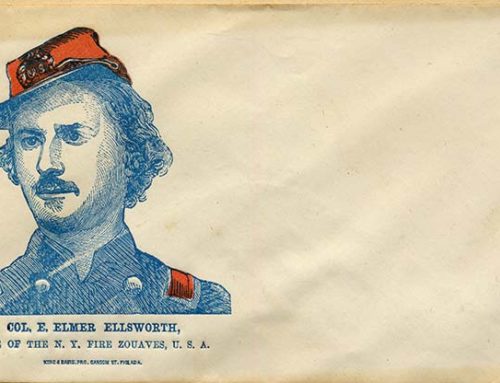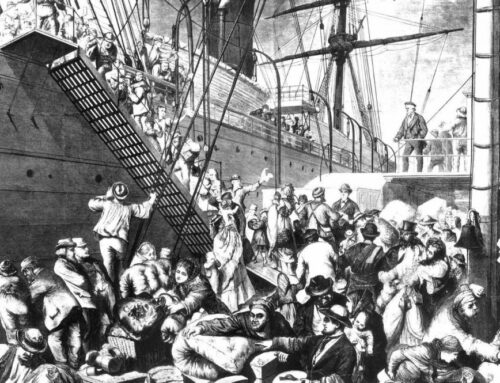
“Battle-field of Gettysburg: Dead Confederate sharpshooter at foot of Little Round Top” (courtesy Library of Congress LC-DIG-ppmsca-31299)
With the sesquicentennial of Gettysburg this week, I found myself thinking about fifty years ago and the centennial of the Battle of Gettysburg. How had it been commemorated?
The Pittsburgh Post-Gazette published a great article – 50 Years Later, Thinking Has Shifted Since Gettysburg Centennial – a few days ago:
A half century ago, the nation marked the centenary of Gettysburg amid a convulsion over civil rights and a global debate about the nature of freedom. The commemoration in the Central Pennsylvania town came 20 days after Gov. George C. Wallace stood in the schoolhouse door to block the enrollment of black students at the University of Alabama, 19 days before the murder of the Mississippi civil-rights activist Medgar Evers, 12 days before President John F. Kennedy sent the administration’s Civil Rights bill to Capitol Hill, and five days before the president, standing in a square in Berlin, spoke of freedom for Europe while the battle for freedom in America remained unwon.
It’s well worth the time to read the article, which summarizes neatly the changes in historiography, as well as current politics and events, that influence “generation after generation [to] try to capture the elusive lessons of [the] conflict.”
Sometimes it’s easy to lose sight of the historical events we lived through ourselves, even as we commemorate the milestones of the past.
In light of the recent Supreme Court decision to disembowel the Voting Rights Act of 1965, I think revisiting the centennial of Gettysburg is perhaps more illuminating than today’s sesquicentennial. And I’ve put another book on my genealogy/history reading list: Troubled Commemoration: the American Civil War Centennial, by Robert J. Cook.



